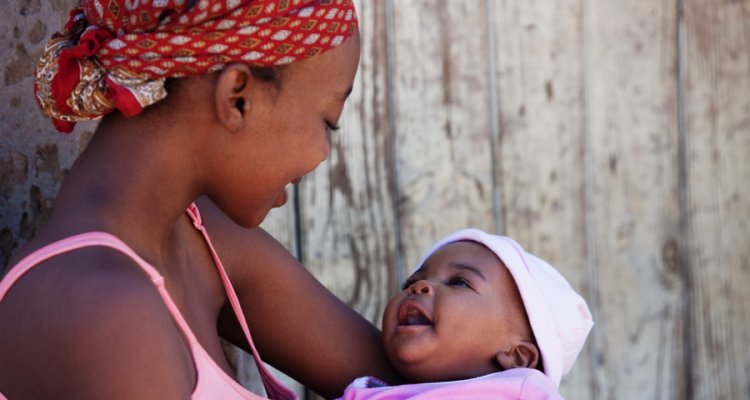
Project
Understanding the Social Determinants driving Infant and Yound Child Feeding among Rwandan Households (COMPLETED)
The project is part of the interdisciplinary GORILLA birth cohort study on biological and social determinants of child growth in the Muhanga district, a poor-resource setting in Rwanda.
Despite extensive policy efforts, 38% of children aged 0-5 years in this area is still stunted. This project focuses on the social determinants and applies the Salutogenic Model of Health (SMH) to gain insight in everyday challenges, resources and strategies with regards to infant and young child feeding (IYCF). The SMH posits salutogenesis as a health promoting process that functions alongside pathogenesis (processes causing disease). It traces how people engage resources to cope well with everyday challenges. While many children in the Muhanga district suffer stunting, some grow well. Such children are positively deviant (PD) in localities where many families experience almost insurmountable challenges. Mixed research methods will be used to gain insight in challenges experienced by caregivers and other community members and the resources and strategies applied with regards to IYCF during the first 12 months of child life. Subsequently, social and biological data will be integrated to compile a comprehensive PD profile that is used to identify opportunities for enabling PD practices for the wider community.
The GORILLA birth cohort study in Rwanda